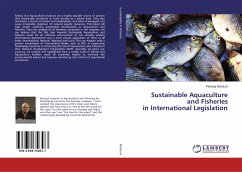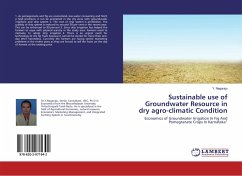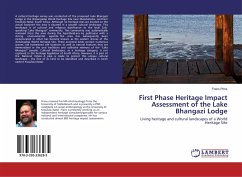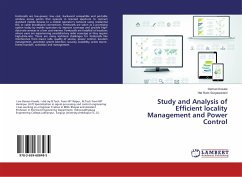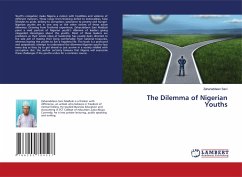Fishing and Aquaculture products are a highly valuable source of protein that remarkably contribute to food security at a global level. They also constitute a source of income and employment, but when ill managed, can cause irreversible depletion of natural aquatic resources. This book will help sustain achieving Sustainable Development in Aquaculture and Fisheries. From the analysis of all elements contained in the chapters, we can deduce that the first step towards Sustainable Aquaculture and Fisheries could be an effective enforcement of the already existing International Agreements and a more precise application of them at all levels: International, National, Regional and Local. This can happen with a greater involvement of International Bodies, such as FAO, in supporting Developing Countries in enhancing the role of Aquaculture and Fisheries in their National Development Programmes (NDP). Secondly, all along our excursus, we noticed and highlighted how a smaller scale of Fishing and Aquaculture facilities could be extremely helpful to minimize the environmental impact and improve monitoring and control of operational procedures.
Bitte wählen Sie Ihr Anliegen aus.
Rechnungen
Retourenschein anfordern
Bestellstatus
Storno

